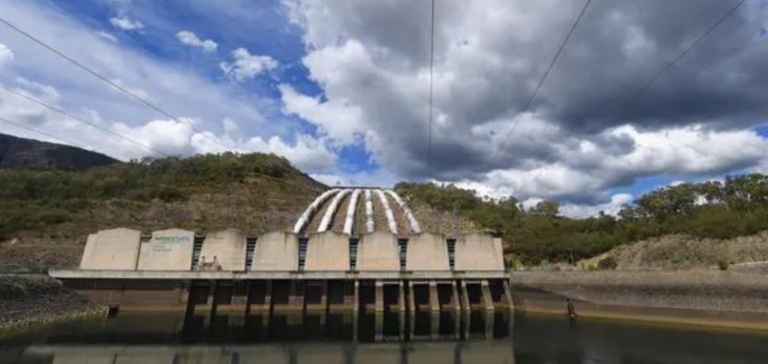In Australia, power company Snowy Hydro is running a campaign in the Snowy Mountains to increase snowfall using silver iodide particle generators. This effort is aimed at strengthening water reserves for hydroelectric production. This initiative is particularly relevant at a time when water resources are becoming increasingly scarce due to global warming, a reality affecting 2.3 billion people worldwide.
The Global Adoption of Cloud Seeding
Cloud seeding is not an isolated practice in Australia. Countries such as India, Thailand, the United States and China have also adopted these techniques. China, in particular, plans to have a complete weather modification system by 2025. The United Arab Emirates is not to be outdone, with a research program on rainfall enhancement backed by considerable subsidies.
History and Evolution of Meteorological Techniques
These initiatives are part of a long history of meteorological manipulation, dating back to ancient rituals. The United States has been experimenting with these techniques since the 1940s, including for military purposes such as Operation Popeye during the Vietnam War. Current techniques involve dispersing particles in clouds to modify their structure and induce precipitation.
Seeding Efficiency and Controversy
However, these techniques are not without controversy. Their real effectiveness is difficult to measure. In France, for example, Anelfa uses seeding to reduce hail damage to agricultural crops. Although correlations have been observed, overall effectiveness remains uncertain.
Geopolitical Challenges and Water Scarcity
The major challenge lies in the context of climate change and the increasing scarcity of water resources. International tensions could arise, as illustrated by the accusation made by an Iranian official in 2018 that Israel was “stealing” Iranian clouds.
The Need for International Regulation
Under current international law, there are no specific regulations governing the use of clouds, a common good. It is imperative to establish fair rules to regulate this practice, irrespective of countries’ geographical location or technical capabilities.
In the meantime, there are calls for an International Cloud Day, underlining the importance of these meteorological phenomena in our daily lives and our global environment.
Cloud seeding, an ancient technique now being rediscovered, is becoming a crucial issue in the context of global warming. As the practice gains in popularity, it raises ethical and geopolitical questions, calling for international regulation to avoid conflict over this shared natural resource.






















